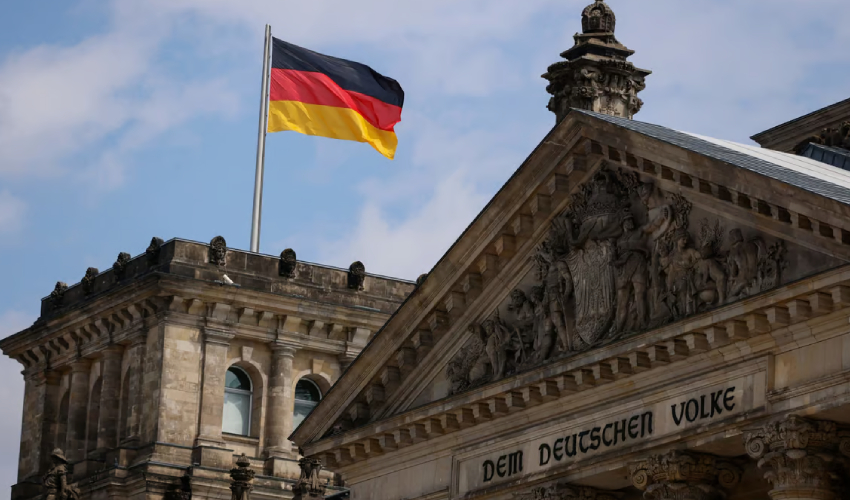Germans went to the polls on Sunday in an election expected to return Friedrich Merz’s conservatives (CDU/CSU bloc) to power while the far-right Alternative for Germany (AfD) is forecasted to secure its strongest result yet.
Conservatives Lead, Coalition Challenges Ahead
While Merz’s conservatives are leading in polls, they are unlikely to gain an outright majority due to Germany’s fragmented political landscape. Coalition talks are expected to be difficult, with deep divisions over migration policies and how to handle the rising popularity of the AfD—a party with a controversial far-right stance linked to Germany’s Nazi past.
Chancellor Olaf Scholz could remain in a caretaker role for months, delaying vital reforms needed to revive Europe’s largest economy after two consecutive years of contraction.
Rising Far-Right Influence
The election marks a significant rise for the AfD, which could secure second place for the first time in a national election. Despite being shunned by mainstream parties, analysts believe their growing influence could pave the way for a stronger performance in the 2029 elections.
The campaign has also been fueled by concerns over immigration after recent violent incidents involving individuals of migrant backgrounds, including the stabbing attack at Berlin’s Holocaust Memorial by a Syrian refugee.
Economic Woes and Public Discontent
Germans are increasingly pessimistic about their economic future, with only 27% believing their situation is improving, down from 42% in 2023. Economic issues such as rising rents and inflation have fueled dissatisfaction, with some voters, like retired bookkeeper Ludmila Ballhorn, turning to the AfD amid financial struggles.
International Concerns and Coalition Scenarios
International observers are watching the elections closely, hoping for a stable government capable of leading both domestic reforms and European Union policy.
The most likely coalition scenario could involve a partnership between Merz’s CDU/CSU bloc and the SPD in another grand coalition. However, a three-way coalition may be necessary if smaller parties cross the 5% threshold to enter parliament.
A Divided Future
As the elections close, uncertainty remains over the future of Germany’s governance. While Merz’s leadership could bring a return to conservative policies, the rising influence of far-right and far-left factions is complicating the traditional political landscape.
The final results will determine whether Germany finds stability or faces deeper political fragmentation in the years ahead.



